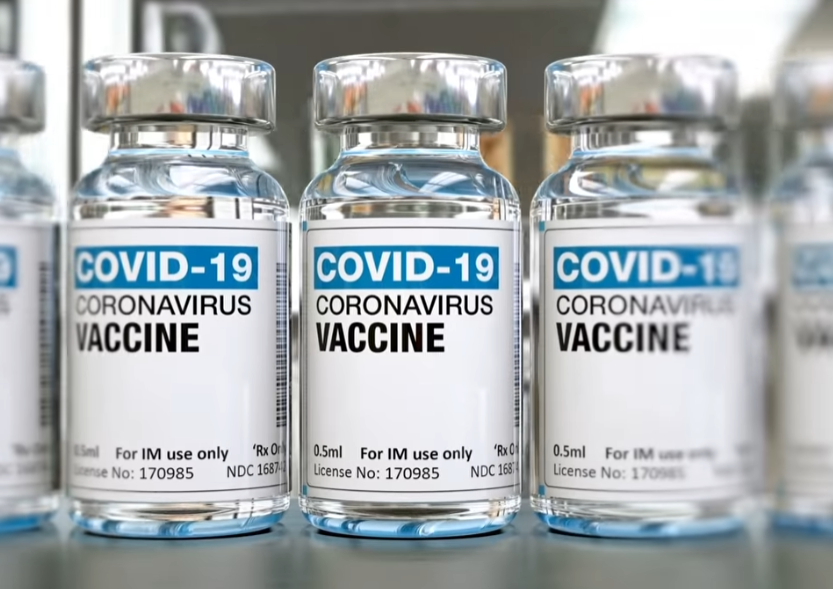Will Biden’s move on vaccine patents succeed? Facts and problems

Biden would like a patent suspension on Covid vaccines, but the obstacles are too many. The in-depth analysis by Mario Seminerio, editor of the Phastidio.net blog
The decision of the Biden Administration to give its willingness to discuss in the WTO, the agonizing World Trade Organization, to reach a suspension of patents on anti-Covid vaccines, has caused a sensation and emotion, in order to accelerate the production and achieve effective planetary immunization. A very sensitive topic, by definition, with arguments for and against, and numerous obstacles to overcome.
Meanwhile, the Americans have given willingness to discuss, in the WTO, to understand if and how it is possible to suspend patent coverage, and if this is really needed to give a decisive boost to the global vaccination campaign. The answers are anything but predictable and the times to reach them do not seem short, given that in the WTO there is a need for unanimous consensus to progress.
THE OBJECTIONS OF THE PRODUCERS
The objections of the pharmaceutical industry are known, but we summarize them. The main one is that, in this way, innovation is discouraged. By temporary derogation by temporary derogation, the financial plans underlying investment in research and development would have a severe blow in terms of uncertainty, and this would mess up planning.
Companies could threaten to move to countries that promise to defend their patents everywhere: nothing is invented, after all, and this dynamic is equivalent to tax competition. Which today seems out of fashion, at least in Washington, but fashions are by definition ephemeral.
Another objection that could have sensitive ears, for geopolitical reasons, is that messenger RNA vaccines are a very promising line of research, destined for applications that go far beyond the current pandemic, and that patent suspension would provide (for example) to Chinese and Russians the way to access this know-how for free.
The reply of the supporters of the temporary suspension of patents is that the direct and indirect contribution of public money to the development of these lines of research is crucial and consequently, summing up, the private sector does not really "own" the innovation. This argument opens the way to the next one, according to which states must lead innovation through the distribution of research capital.
THE CENTRAL DRUG PLANNER
All very nice were it not that research is never neutral, that profit objectives cannot be eliminated and that the creation of a public central planning of research funds would end up blocking many roads, as well as forcing others to follow whose motivations are only in the mind of the planner and in his utility function. It does not seem casual to me that public funds have arrived abundantly but in the "last mile" of research, or almost.
To this must be added that individual states, assuming they have sufficient fiscal resources to guide research, may not be enthusiastic about the idea that their tax dollars produce “externalities” of this kind.
The rejoinder is equally intuitive: Joe Biden has decided to take this step because he is aware that a pandemic has by definition heavy externalities, and that having the virus active, and mutant, in large parts of the planet puts the economies of developed countries at risk. . So, at least in this case, the interest in keeping patents at home could diminish.
Mario Seminerio
This is a machine translation from Italian language of a post published on Start Magazine at the URL https://www.startmag.it/sanita/riuscira-la-mossa-di-biden-sui-brevetti-dei-vaccini-fatti-e-problemi/ on Sun, 09 May 2021 05:31:30 +0000.
